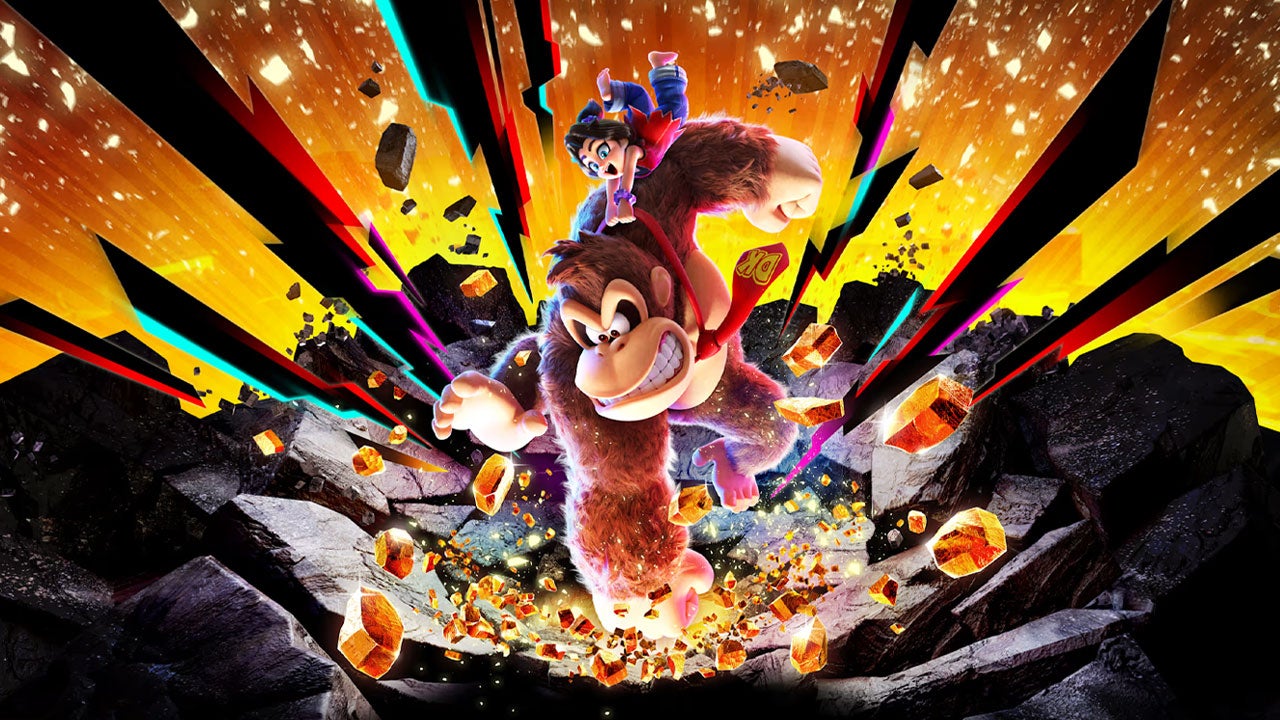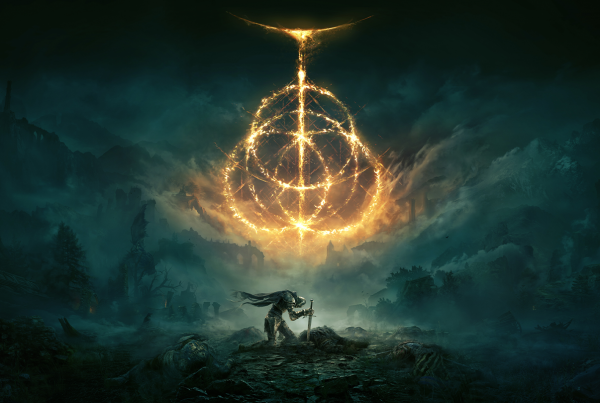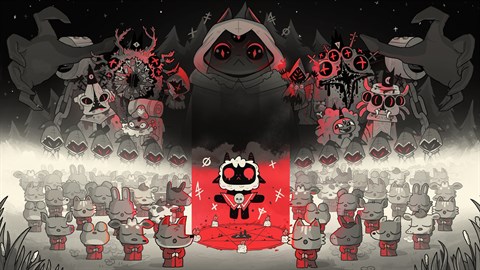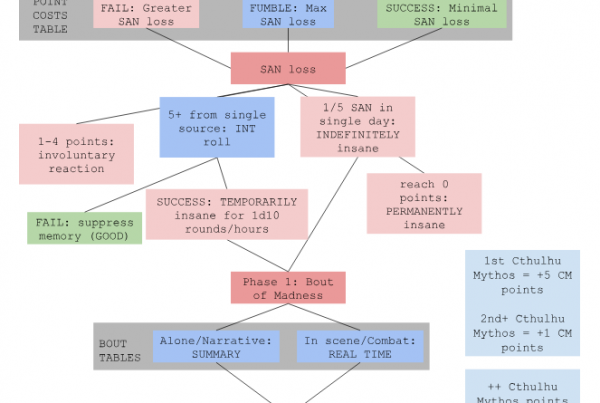July is a month for slowing down and thinking back, to play-things, Ataris and Gillian Anderson, for example.
Last game you played? Donkey Kong: Bananza. Sometimes a Nintendo game will just be some more of the same fun with a gimmick attached and that’ll be it. These can still be great games (like Zelda: Tears of the Kingdom), but that’s not Donkey Kong: Bananza though! It’s destructible terrain feature seems like that gimmick first, but it completely turns the idea of a platform game upside down. Not yet a must-get-Switch 2 ap(e), but getting close.
What activity that most others see as a task or chore, is something that you actually enjoy? Reading reports and policy documents, even university ones. Really.
Quote from a reading you’d recommend? “[Sumer was more interesting because] “it had taken place.” A quote from a post-game exit interviews with sixth graders in 1965, who unknowingly kicking off the endless debates over historical accuracy in games. This quote is gold, but the rest of the report has proven to be very inspiring to write about as well.
What’s something you’ve done, written, or helped create that you’re proud of? Play-Things and The Origins of Online Networks, a 2014 paper in a student-run journal, among my least referenced outputs. It’s naive (as in self-taught and very green) and conceptually messy. In the paper, I talk about ancient political philisophy, online networks, games and archaeology.
That said, it is a very early publication in archaeogaming avant-la-lettre and giving a materialist swing on games, with the materialist turn mostly just a proposal then, and also unbeknownst to me. I also beat Sicart to the Playthings pun(ch) with quite a few years. Not to throw shade, but I think he would have benefitted from reading my paper. Game Studies in general is still in need of a more material grounding.
Much more importantly, it gave me a direct connection when Aris Politopoulos showed up in my office in 2014 with the proposition to do a paper on Archaeology and Video Games in a lecture series I was running. Equally important, this paper was one of several ways in which I was able to find my own independence and values as a young researcher in a terrible environment.
Basically, I still love that weird, overstuffed paper, but I’ll stop tooting its horn now.
What game has some stellar/your favourite voice-acting Hellbender! It’s a 3D space shooter, published by Microsoft before it really even got into the games business. It has not aged well. In fact, it did not even age well when when it first came out: “Microsoft is better off making word processors than games“, was one of the snarky reviews. What this game did have is Gillian Anderson as cockpit AI voice E.V.E. Her voice still shone through as uniquely hers, even distorted by the Soundblaster soundcard in my old PC and the machinic one-liners, such as “Cloaking Device Engaged”. To date, I can’t think of a non-stellar performance by this very talented actor (if she has them, the teenager in me does not want to know about it).
What gadget would you like to try or already have and can recommend? I would love to try The Atari 2600+. I missed the boat on most eighties gaming, but they made some fascinating-looking consoles back then. I am also a bit too lazy and inexperienced to find an old one and hook it up to a tv, so this new reincarnation looks very tempting.
Where and when are you most productive? During summer, because I feel too summery to care about things like productivity.
What’s something you used to be good at but can’t do now? Caring about productivity. Although… I don’t know if I was ever any good at it to begin with. For now, I just can’t do it. Ask me again in September!
What question should be swapped out for another?
Whoops, I didn’t get to answer this as I was a bit late with this post (see work-life balance and birthday answers above for explanations.)

From ancient boardgames to the hopeful future of fun, Angus Mol has been blending past and play since at least 10,000 BCE. A completely healthy childhood fervour for Nintendo and, later, PlayStation and PC gaming was discontinued in favour of a career in Caribbean archaeology, a decision that still left plenty of need for game-based escapism. Some entanglement studies at Stanford and a stint at the Prince Claus Fund for development and culture later, Angus has found his way to play as a co-founder of the VALUE foundation, director of the LUCDH, and as the Principal Investigator of PlayTime where he combines heritage and game studies with Digital Humanities tools — talk about lucking out in the long game.






